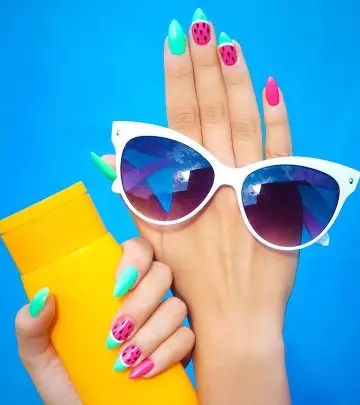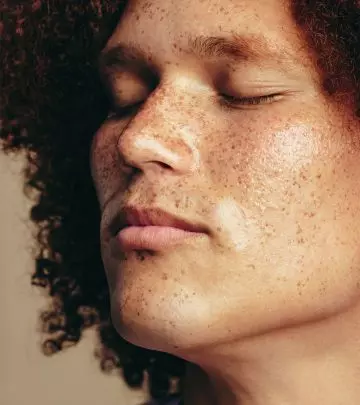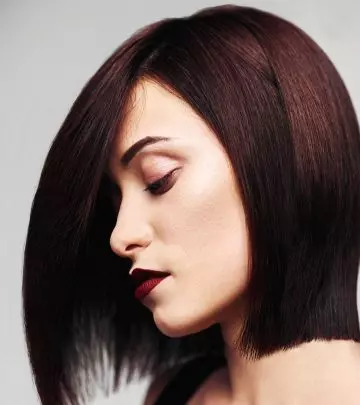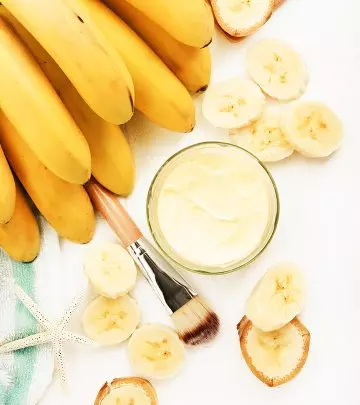If you want to stay ahead of the curve and want to know what’s happening in the world of beauty, fashion, skin care, diet, and wellness, you have come to the right place. This section contains curated articles that give you a glimpse of all the buzz-worthy topics dominating social media and the internet. Whether you are trying to learn dining etiquette, ways to set up your skin care routine, or looking for a solution for your digital fatigue, we have got everything covered. This section has articles that break down every piece of information to help you feel your best.
You will also find articles that take a deep dive into relationship issues people face every day. Whether you are having a difficult time getting people to trust you or struggling with a breakup, learning about them can help you stay prepared to deal with the lemons life throws at you. Not only that, but our articles will also help you learn to deal with the curveballs you face at interviews and workplace challenges. What’s more? You will also find the latest information and popular hacks on streamlining your finances, travel tips you wish you knew sooner, and more.
Take your time, explore this section to learn new, trending ideas, and add a new flex to your repertoire.

Summer is finally here, shining in its full glory. Now that the sun is shining brightly and the temp

Every person is fighting their own silent battle with their bodies. Not that there's anything wrong

At least once in your lifetime you must have stood in front of a mirror and imagined how you would l

Summer is the perfect season to unleash the fashionista in you. While winters call for long coats an

There are two kinds of people on earth, one who can live without coffee, and one who will go crazy i

The best part about losing weight is fitting into clothes that you always dreamed of, but, along wit

Shower temperature is a personal choice, and ever since we learned to shower on our own, we have tha

Breakup hurts, but what can tear you apart is believing in someone’s love when you are nothing mor

The human body is truly a marvel of complexity. Honestly, we don’t give it enough credit for its e

Ask anyone who has successfully been with a partner for more than three years, and they will tell yo

How many times have we held back from sharing private details with someone new because of the fear o

Bananas have their own ways of mocking us with how fast they go bad. One moment they are green, and